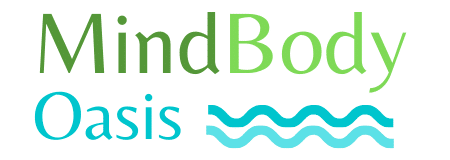Massage is the manipulation of soft tissues of the body using manual or mechanical methods. It can be used for relaxation, stimulation or rehabilitation of the whole body or part of it. It encourages suppleness of the muscles, improves circulation, drainage of lymph / toxins from the body and reduces stress.
The word “Massage” originates from many different languages. In Latin “massa” means “that which forms a lump”, with massage seen as a technique for removing “lumpiness” of the body and making it smoother. In Greek, massein means “to knead” and kneading is one of the key movements in massage therapy. In French “masser” means “to rub” and the fundamentals of all massage is rubbing the skin and tissues. In Arabic, “mass” means “to touch or feel” – again fundamental elements of massage.
In many parts of the world massage therapy is highly respected as an holistic healing method. However, in the UK the benefits are still under-stated and many people do not consider it an important part of self-care nor do they fully recognise its key function in the prevention of illness and disease.
Massage has huge short-term and long-term physiological and psychological benefits.
In the short-term massage will:
- improve skin tone and colour by removing dead cells and increasing blood supply to the skin;
- improve circulation therefore ensuring more efficient delivery of nutrients and oxygen to the cells;
- drain lymph and accelerate waste / toxin removal;
- speed up digestion;
- promote general relaxation and well-being;
- encourage deeper, more efficient and relaxed breathing and sleep;
- reduce stress, anxiety and depression;
- relieve muscle fatigue, soreness and stiffness (especially tired limbs and stiff joints);
- energise by invigorating all body systems;
- reduce fatigue and trigger a more positive mood.
In the long-term massage will:
- improve skin elasticity and slow down skin ageing;
- improve circulation and help regulate blood pressure (treat high and low blood pressure conditions);
- boost immunity against illness and disease;
- improve muscle suppleness and tone;
- improve neural communication and relax the nervous system (preventing muscle spasms caused by anxiety);
- enable deeper, more effective respiration;
- enable sustained relaxation of body and mind;
- relieve insomnia;
- balance the digestive system / help treat IBS;
- improve body image, awareness and general self-esteem;
- increase energy levels (with less energy expended on holding the body in a state of tension and strain).
Book your next massage here.

